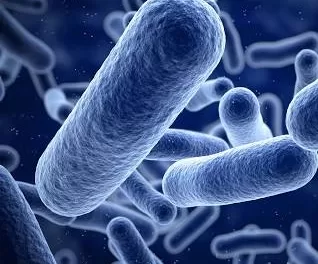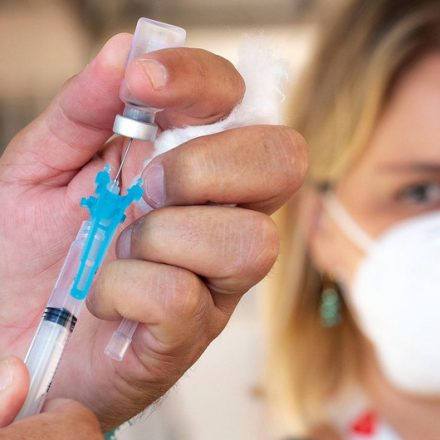West Virginia University Legal Scholar Challenges Current Exclusivity Laws, Calls for Parity
A legal scholar from West Virginia University has made a compelling argument for equal protection among different classes of medication, specifically biologics and small-molecule drugs. Sean Tu, a professor at the WVU College of Law, claims that the current legal landscape offers biologic drugs—such as antibodies and flu vaccines—excessive protections, particularly compared to small-molecule drugs like antibiotics and steroids. His article, published in the Journal of the American Medical Association (JAMA), suggests that biologics may not require longer protections than their small-molecule counterparts.
Tu contends that while biologics and small-molecule drugs both take around 12 to 13 years to develop, biologics face a longer market exclusivity period of 12 years, while small-molecule drugs only receive 5 years. Additionally, the Inflation Reduction Act of 2022 exempts biologics from Medicare price negotiations for 11 years, compared to just 7 years for small-molecule drugs. These discrepancies, Tu argues, place biologics at a significant advantage in terms of revenue generation and patent protections.
“Small-molecule drugs are chemical compounds that are relatively easy to produce,” Tu explained. “Biologics, on the other hand, are made in living organisms, and factors like temperature and the type of serum used can lead to slight variations in the product.”
Despite their higher development costs—approximately $3 billion compared to $2.1 billion for small-molecule drugs—biologics often generate much higher revenue and are significantly more expensive for patients. Tu and his colleagues found that biologics make up about 5% of all drugs but account for 40% of total pharmaceutical spending.
Tu argues that while biologics do face unique manufacturing challenges, the extended exclusivity protections do not seem justified. He emphasizes that small-molecule drugs, like those that cure diseases such as hepatitis C in just 12 weeks, are also incredibly effective.
Tu’s analysis, alongside research from fellow scholars Olivier Wouters (London School of Economics), Matthew Vogel (Harvard), Reed Beall (University of Calgary), William B. Feldman, and Aaron Kesselheim (Harvard Medical School), reveals that biologic manufacturers use an array of strategies, including additional patents, to delay the entry of biosimilars (the equivalent of generics for biologics). This leads to an extended period of market exclusivity, which appears to be several years longer than that of small-molecule drugs.
The group also noted that biologics already benefit from stronger patent protections and higher revenue generation compared to small-molecule drugs. Their research found little to no evidence justifying extended legal protections for biologics, asserting that current laws were based on incorrect assumptions.
Tu calls on Congress to consider reducing the exclusivity period for biologics from 12 years to 5 years to align it with the protection period for small-molecule drugs. Such a change, he argues, could help lower drug costs and promote greater competition in the pharmaceutical market.
Disclaimer: This article represents the opinions of the scholars involved in the research and does not necessarily reflect the views of the institutions they represent.
For further reading, see: Wouters, O. J., Vogel, M., Beall, R., Feldman, W. B., Kesselheim, A. (2024). Differential Legal Protections for Biologics vs Small-Molecule Drugs in the US. JAMA. DOI: 10.1001/jama.2024.16911.












